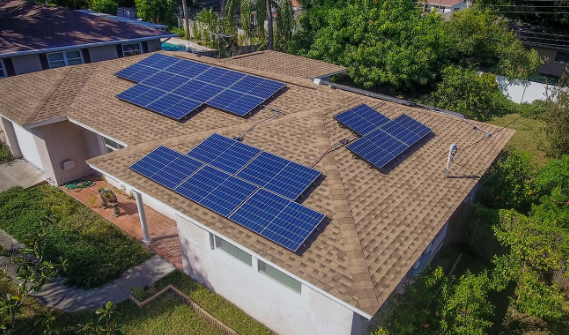Florida lawmakers have passed a bill that will remove credits for households with PV systems, amid warnings that the legislation could undercut the state’s rooftop solar sector.
Passed by the Florida Senate yesterday, the HB 741 bill will phase out net metering for homeowners and businesses that sell excess output from their solar systems to utilities. The legislation now heads to the desk of state Governor Ron DeSantis for signature or veto.
Under the legislation, utilities “will be able to levy unlimited fees on solar customers by 2026”, according to the Solar Energy Industries Association (SEIA).
“This bill is a nightmare for anyone who believes in energy freedom and the rights of people to choose the energy that works for them and their families,” said SEIA southeast regional director Will Giese.
He urged DeSantis to veto the bill and “maintain Florida’s place as a national energy leader. This is a simple choice between helping monopolies or helping the people.”
In 2008, Florida required all electric utilities in the state to develop a net metering programme for customer-owned renewable generation systems. Under the current net metering framework for investor-owned utilities, the credit customers receive on their monthly bill equates to the value of the excess energy to the utility’s retail rate.
The new legislation will see rooftop solar owners given a credit at current retail rates until 2024, after which the rates will phase down until the credit is completely removed from 2029.
Florida’s rooftop solar sector supports more than 8,900 jobs and another 31,000 indirect and induced jobs, according to the Florida Solar Energy Industries Association, which has previously warned that the proposed changes to net metering could put over US$18 billion of economic activity at risk.
Responding to yesterday’s announcement, Katie Chiles Ottenweller, southeast regional director at non-profit Vote Solar, described it as “corporate welfare”, adding: “When families and businesses reduce their energy consumption by going solar, monopoly utilities see a hit to their bottom line. The legislature has made the choice to prioritise corporations’ profit margins over the rights of Floridians to control their own energy use.”
Progress of the legislation in Florida comes after California regulators decided last month to indefinitely delay a decision on changes to the state’s net metering laws. The proposals from the California Public Utilities Commission would slash solar export credits by about 80% and add a US$57 per month fixed charge for the average residential system that is partially offset by a US$15 per month credit.
Research firm Wood Mackenzie warned that the proposed changes to net metering in California could cut the state’s rooftop solar market in half by 2024.
Florida lawmakers vote to phase out rooftop solar net metering
Florida homeowners currently receive credits for selling excess output from their solar systems to utilities.
Source:PVTECH
ViaJules Scully






